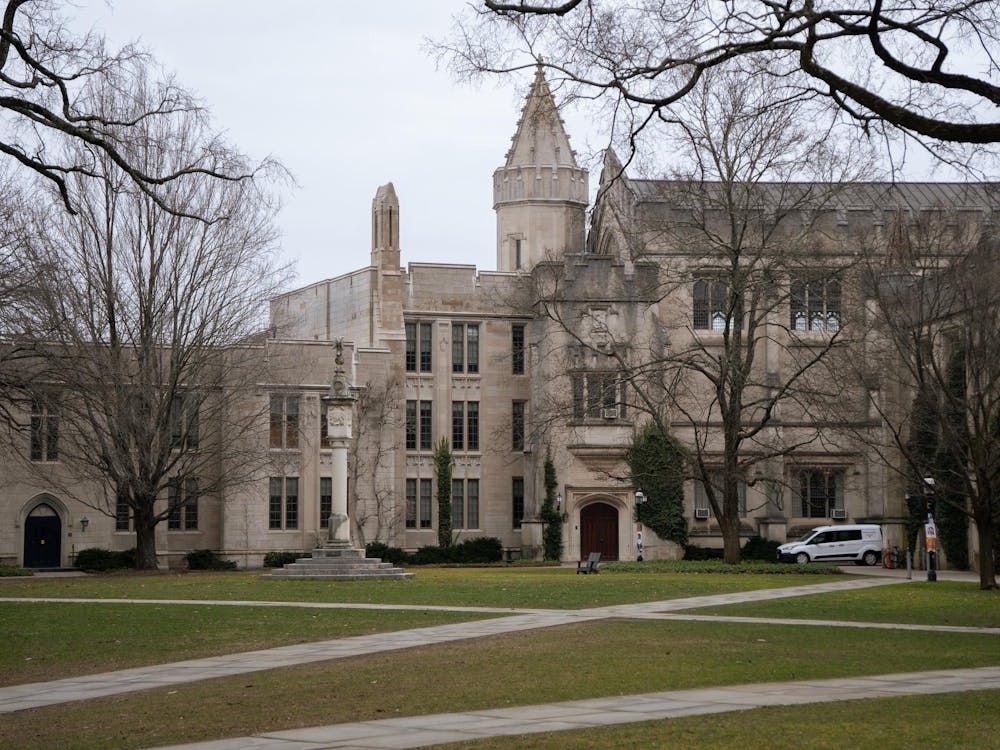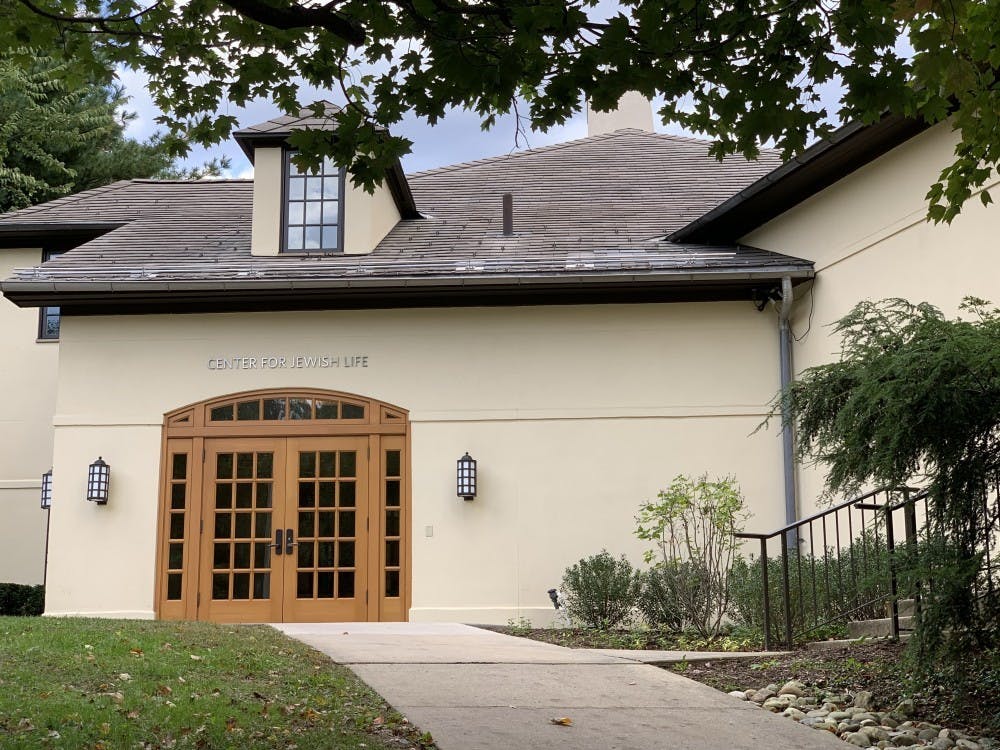As University students, we are given access to a wide array of summer internship opportunities. It’s true — we have the International Internship Program, Keller Center internships, Princeton Internships in Civic Service, and several career fairs to help students find external internships independent of these programs. These programs are distinct, in that IIP internships stress experience abroad in all different fields, Keller Center internships emphasize engineering and entrepreneurial fields, and PICS internships offers civic service-oriented experiences. However, not all opportunities are financially accessible. Students who can’t find their own paid internships look to University programs for additional opportunities, only to find that there is an unequal distribution of funds. Some opportunities cover housing and travel costs, others are unpaid and offer minimal stipends. This disparity in funding places some programs at a premium over others, when a student’s choice should ultimately depend on interest and fit, rather than financial concerns.
IIP internships are particularly generous with financial support. The IIP website states that “All IIP placements ... automatically qualify for an internship award.” For students on financial aid, this covers “airfare, ... accommodation, meals, and local transportation to and from work.” For students not on financial aid, the award still includes “accommodation, meals, and local transportation to and from work.” Additionally, students looking for additional funding are permitted to look on the Student Activities Funding Engine to cover any incidental costs like visas or vaccinations, regardless of their financial status. This generosity in financial support allows all qualified students to participate in the IIP program.
However, most PICS internships give a $450 stipend per week. Although this stipend could be enough to cover accommodation and travel for some internships, this amount is not nearly enough for others. For example, many of the PICS opportunities are located in expensive cities, and the stipend would definitely not cover housing or travel costs, deterring students from taking these opportunities. Even more discouraging, some Keller Center entrepreneurial internships are both unpaid and offer no stipend whatsoever, leaving students to look on their own for SAFE funding or for the Keller Center to give a small fixed amount (I got $1,500) for the entire summer. SAFE funding is not an adequate supplement for an entire summer worth of expenses, since SAFE is application-based and thus by no means guaranteed. This forces students to make a difficult decision — whether to shoulder the cost in order to gain more experience, or to forgo the opportunity altogether.
It is admirable that programs like IIP do cover so many of the expenses of their summer opportunities, but to have more funding for IIP than for other programs puts a premium that should not exist on those international opportunities. Even if a student is truly interested in the Keller Center’s entrepreneurial opportunities or PICS civic service-related opportunities, they may apply to IIP instead because of the generous funding. This makes IIP more competitive compared to the other programs and also attracts students who may not be wholly interested in it. If the objective of these Princeton programs is to help students gain experience in a field of their interest and to make those programs accessible to as many people as possible, funding should be expanded for PICS and Keller Center internships to match the generosity of IIP. In all other aspects of Princeton, whether it is tuition, Outdoor Action or study abroad, students who are not as financially capable are given the support they need in order to have access to the same opportunities and resources as everybody else. There is no reason that the University’s internship programs should not do the same.
Barbara Zhan is an Operations Research and Financial Engineering major from Plainsboro, N.J. She can be reached at barbaraz@princeton.edu.







